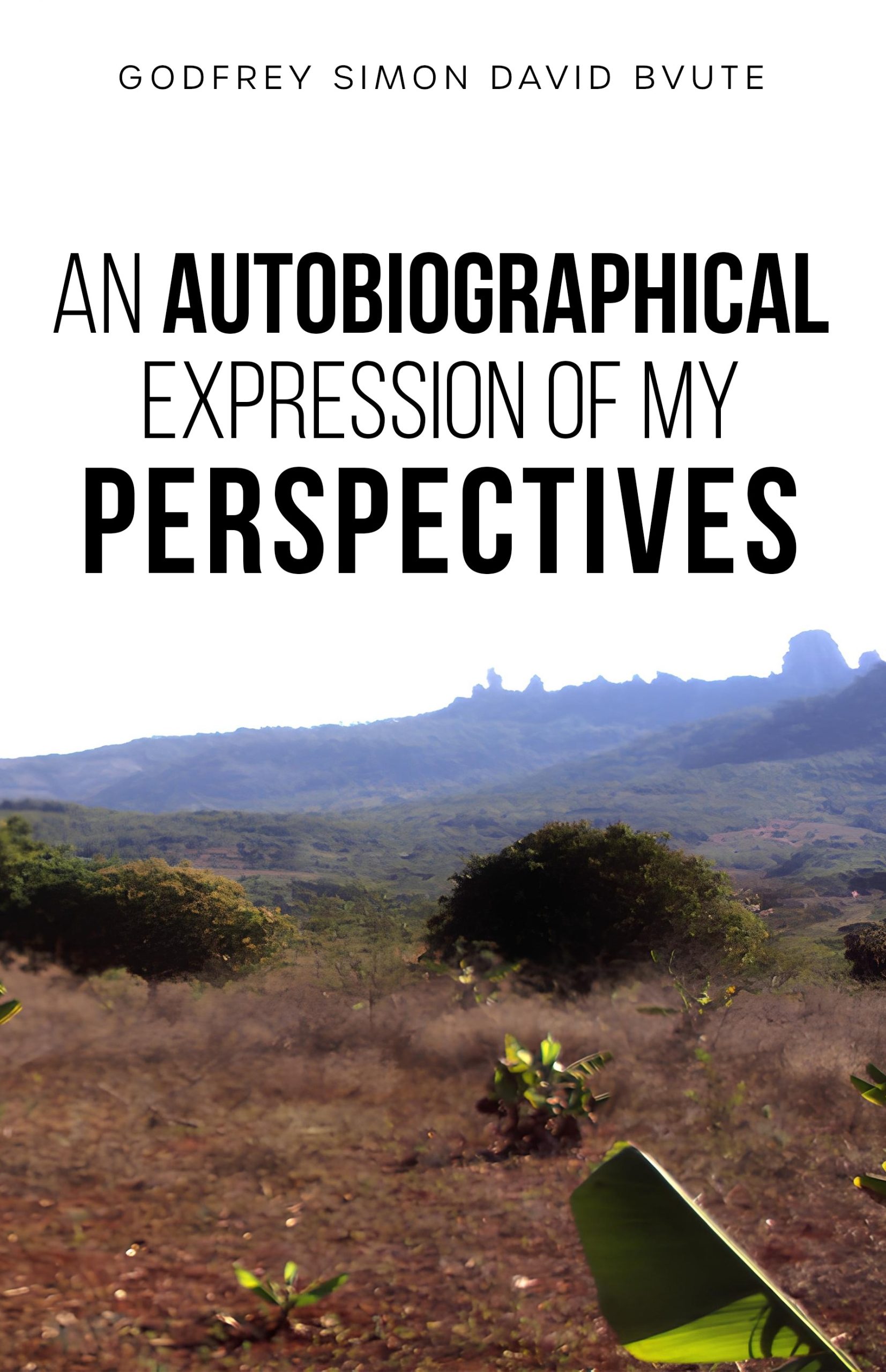Growing up in a closely knit community shapes an individual in profound ways. Society’s values, traditions, and interactions influence personal development. They instill a sense of identity, belonging, and responsibility. My childhood in Honde Valley, within the Manyika cultural setting, was not so different. It was deeply rooted in the collective strength of family, community, and tradition. The village was a structured society with defined roles, customs, and expectations that guided my early years.

The Manyika villages were structured around a traditional leadership system that had existed for centuries. The village head (Sabhuku) maintained order and resolved disputes, reporting to the sub-chief (Ishe), who, in turn, answered to the paramount chief (Mambo). This governance system ensured social cohesion, promoting unity and collective responsibility. Growing up under such a system, I learned the importance of respect for authority, discipline, and the role of leadership in a functioning society. Even though colonial rule disrupted traditional governance, the principles of respect and structure remained deeply ingrained in us.
In our community, relationships were built on trust and shared experiences. Neighbors were like extended family, and the entire village raised children. This collective upbringing reinforced values such as hard work, generosity, and accountability. It was common for families to help each other in farming, taking turns to cultivate each other’s land. This cooperation instilled in me a strong work ethic and the understanding that success is not an individual achievement but a communal effort.
Beyond governance and shared labor, our interactions with the Barwe people significantly shaped my worldview. Although we belonged to different ethnic groups, we coexisted peacefully, sharing schools, marketplaces, and social events. Despite minor cultural differences, I still remember how we swam together in the Honde River and herded cattle in the same fields. These interactions taught me the importance of tolerance, respect, and the ability to appreciate diversity.
The presence of traditional healers and spiritual practices in our community also influenced my understanding of culture and belief systems. I recall the mysterious sight of broken clay pots placed on school paths—remnants of Barwe traditional rituals. Although elders warned us against stepping on them, these experiences opened my mind to the depth of African spirituality and cultural expression. At the same time, I witnessed the spread of Christianity and Western education, which introduced new ways of thinking and interacting with the world.
Community life also taught me resilience. We faced challenges together, such as economic hardships, political shifts, and disruptions caused by war and colonial rule. Despite these obstacles, our society remained strong because of the support systems we had in place. Even today, I carry with me the lessons of patience, perseverance, and the ability to adapt—values that were deeply ingrained in me through the collective strength of our community.
Looking back, I (Godfrey Simon David Bvute) realize that my development was a result of the relationships, traditions, and cultural exchanges I experienced in my village. The bonds of community and the wisdom of society and family shaped my values, guided my decisions, and continue to influence my path today. It was something that shaped my success and provided me with the strength to grow into a more responsible and kind individual.
For more information and insight, please read my book, An Autobiographical Expression of My Perspectives.
This book provides firsthand insights into the war, colonialism, governance, and economic hardships that have shaped my life in Africa. This book explores the intersection of personal life journey, African history, politics, and the enduring influence of religion, spirituality, and moral values. It reflects on post-independence struggles, social and cultural transformation, and global issues like climate change and technology. I also delves into family values, relationships, and personal growth, offering a powerful testament to the resilience of those who have lived during difficult times.